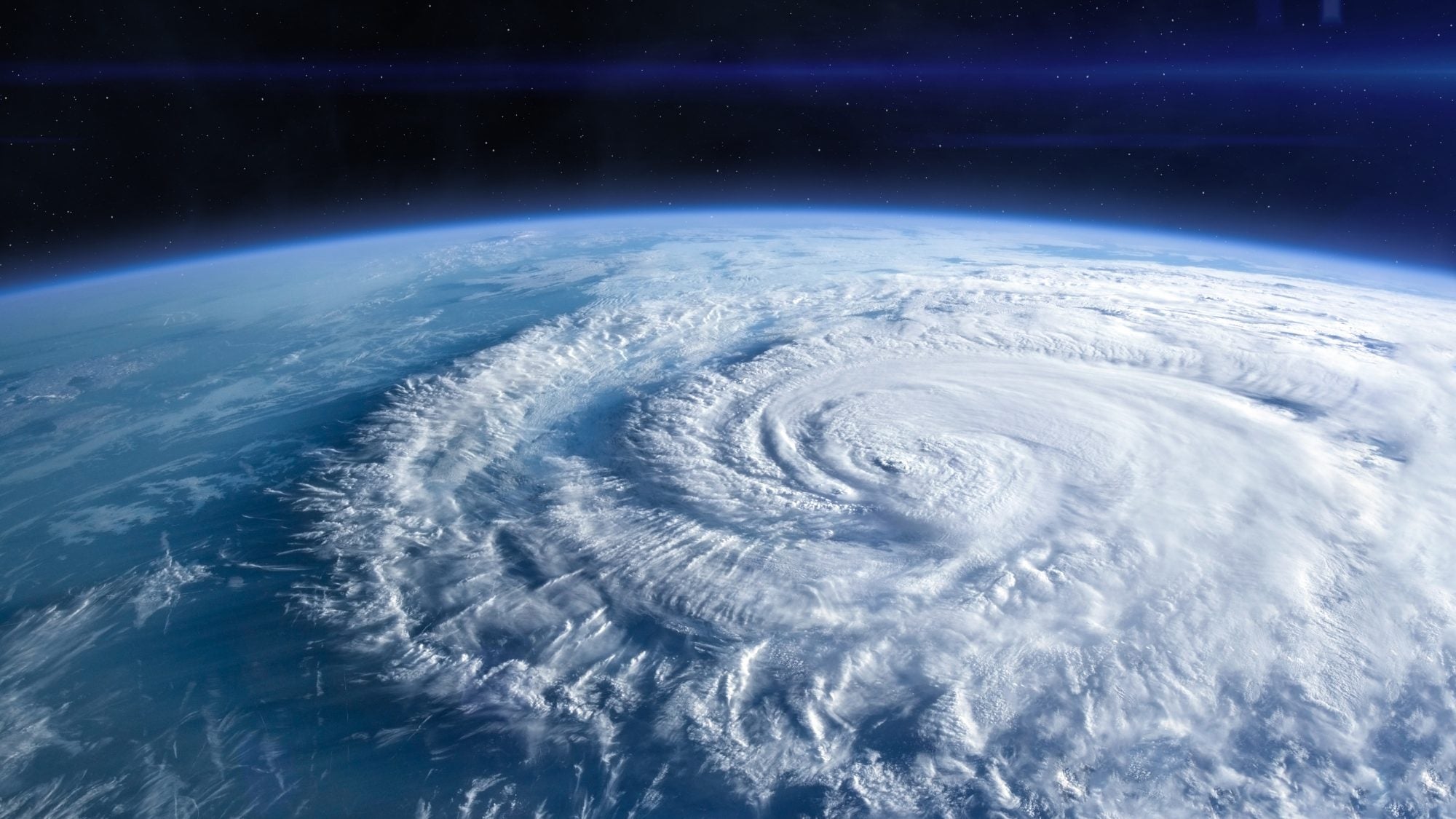The U.S. is in the midst of a challenging stretch of the hurricane season as six hurricanes and 11 tropical storms have swept through the country in 2023 alone.

In addition to the billions of dollars in damage, power outages shutter businesses, threaten the health of millions of people and keep families in the dark.
New research from Scott Ganz, associate teaching professor in the McDonough School of Business, suggests that socioeconomically disadvantaged communities experience even more acute power outages in the aftermaths of hurricanes compared to other communities.
Observing data from eight major hurricanes in the southeastern United States between January 2017 and October 2020, Ganz and his research team found that members of low-income communities wait for significantly longer periods of time before power is restored in their communities.
Learn more from Ganz as he explains the possible causes behind this disparity and the potential solutions that can close the gap.
Ask a Professor: Scott Ganz on Hurricane Recovery and Forging Weather-Resilient Communities
How do utility companies and governments typically decide where to prioritize efforts to restore power after a hurricane?
Standard recovery routines first prioritize critical infrastructure, like hospitals and water treatment facilities. Then, they restore power to large commercial and industrial firms before moving on to households. Utility companies aim to recover as many households as possible as fast as possible. So, if you live in an area that is more densely populated, you are more likely to get power sooner than if you live in an area that is less densely populated.
According to your research, why do socioeconomically disadvantaged communities experience longer power outages after a hurricane?
Our study tries to rule out some possible explanations for why socioeconomically disadvantaged take longer to get their power back on. For example, our study controls for the population density in a county and the peak number of outages in that county, and we still observe that socioeconomically disadvantaged communities experience longer outages. I suspect that the primary cause is that poorer communities are also likely to be more distant from critical infrastructure or require more significant repairs to power lines, but these are important questions for future research.
How do power outages affect the health outcomes of lower-income communities?
A major concern about prolonged power outages is that they exacerbate other sources of vulnerability, particularly related to health. Prolonged outages are especially problematic for individuals with chronic health conditions or who require electricity-dependent care. Lower-income communities, however, tend to be less prepared for storm-caused outages than better-resourced communities.
Does your research point to other disparities in power recovery along other factors of vulnerability, such as race, household composition or housing types?
We explored other dimensions of social vulnerability as well but only found significant statistical relationships for socioeconomic characteristics. This does not mean that there is no relationship between these other dimensions of vulnerability and outage duration. But, at least in our study, we could not reject the possibility that any relationships we did observe for these other dimensions were the result of random chance.
How can governments make socioeconomically vulnerable communities more resilient in the face of natural disasters?
There are a number of investments that governments can make to ensure that poorer communities do not also experience the most severe impacts of hurricanes in terms of prolonged outages. This includes additional investments in grid infrastructure to reduce the likelihood that high winds cause a power disruption and also ensuring that trees and vegetation are trimmed prior to hurricane season.
There are also ways to prepare households that are likely to have prolonged outages by providing financial assistance for purchasing backup generators. Households and communities that are reliant on solar power are less dependent on the power grid and, as a result, may also experience shorter outage durations.


